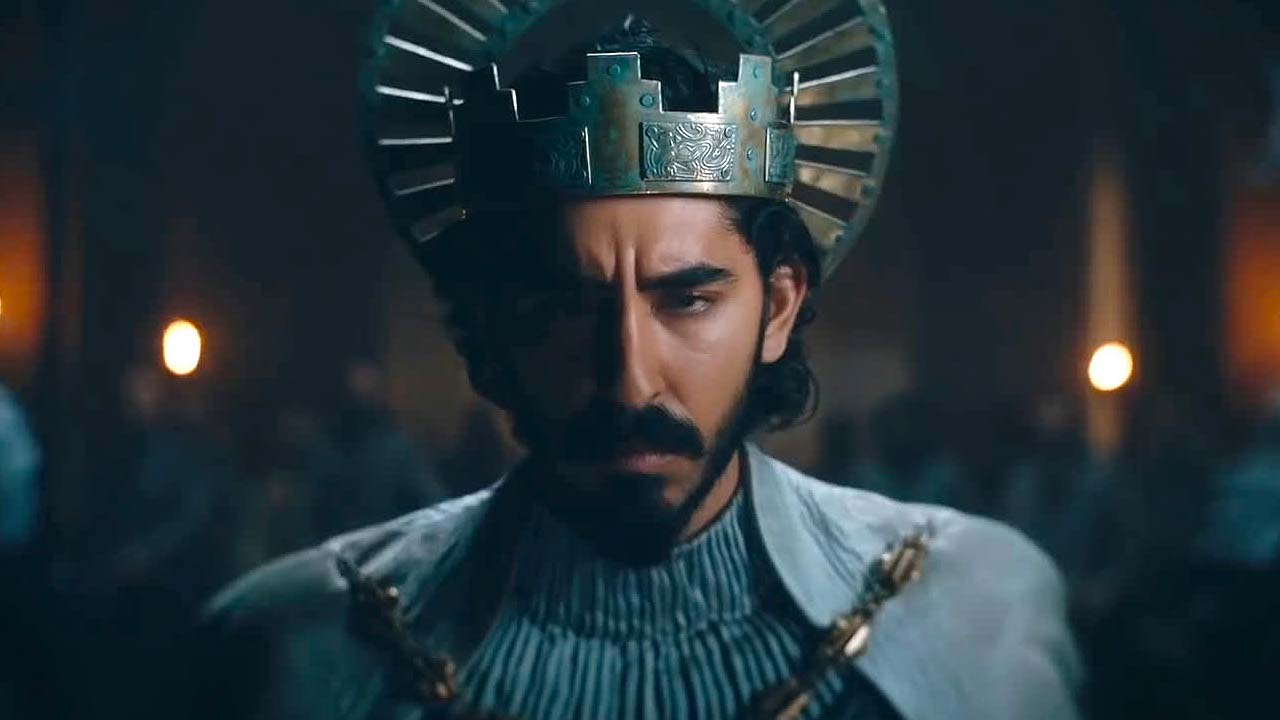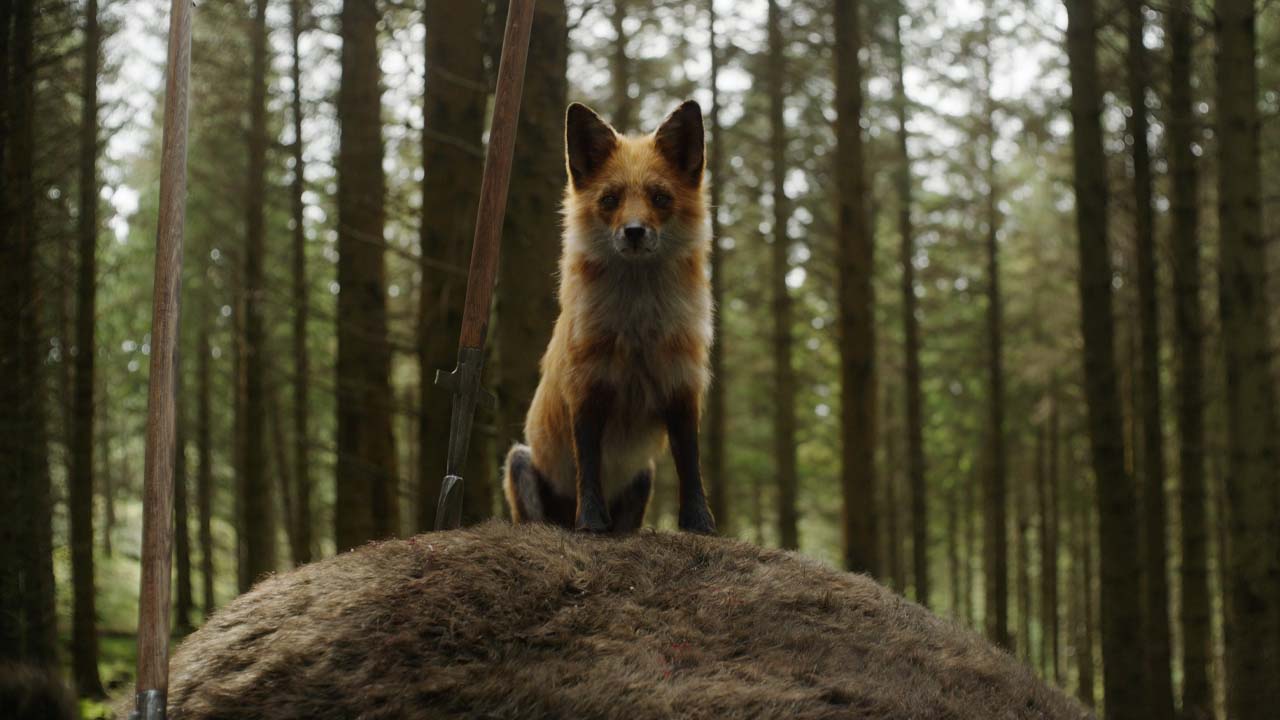It’s best not to get too hung up on The Green Knight’s plot and just roll with the vibe
Inventive camera work and incredible visual and sound design create a rewarding world to hang out in.

David Lowery’s darkly fantastical medieval tale of Sir Gawain and the Green Knight is now streaming, and as Tony Stamp recommends, it’s best not to get too hung up on plot and just roll with the vibe.
The Green Knight is the sixth film in David Lowery’s oeuvre, which has seen the mercurial director pivot from crime drama Ain’t Them Bodies Saints, to live-action Disney adaptation Pete’s Dragon, existentialist tone poem A Ghost Story, and snappy swan-song caper The Old Man and The Gun. Here he delves into Arthurian legend. It’s a disparate list, but the films share a common thread of thoughtfulness and ambiguity. They also look fantastic. He’s a filmmaker whose essence permeates his work, no matter the topic, and this latest might be the best fit for his sensibilities: epic, mysterious, and stuffed with meaning for those who care to dig for it.
Lowery adapted the 14th century poem Sir Gawain and the Green Knight himself, keeping some parts intact while subverting others, and expanding moments only hinted at in the text into excursions within the film. Even if you’re familiar with the lore, it may prove maddeningly oblique. Best not to get too hung up on plot and just roll with the vibe.
The eminently-watchable Dev Patel plays Gawain as a medieval party boy, enjoying his proximity to The Round Table while quaffing as much wine as possible. During an audience with King Arthur, a spell is cast and in strides the magical Green Knight, who proposes a game: whoever lays a blow on him will receive the same in a year’s time. It’s a perfectly sculpted scene; starkly lit, ominously scored, and all geared toward the title character himself, thatched with leaves and creaking with portent whenever he bends a wooden limb.
Gawain accepts the knight’s offer, and more scenes follow, involving ghosts, giants, massacres and a fox. The movie is thick with the supernatural; the real throughline is how our hero is tempted and buffeted by forces outside his control, presented with a series of tests that will strain his valour and sense of self. At times reality itself is called into question, but again, that’s secondary to the mood Lowery creates through inventive camera work, sweeping Irish vistas, and incredible visual and sound design. It’s a rewarding world to hang out in.

Patel has a lot to convey as he evolves over the film, and he of course excels, speaking volumes with a glance. His story isn’t a simple one, it’s tangled and sometimes disappointing, but that makes it all the more rich. The journey involves a lengthy stay with Joel Edgerton and Alicia Vikander, playing The Lord and The Lady respectively, an encounter that forms a hearty chunk of the original poem and marks this as a film that’s definitely for grown ups.
Those scenes, and plenty of others, might not be ones you’d expect in an Arthurian legend, but then the name ‘Arthur’ isn’t once said in this film. Gawain’s story is worthy, and touching in the end, and Lowery tells it in an appropriately mythic, heavily stylised way, slowly winding up the sense of dread as he goes. There’s a moral of sorts, and you should leave feeling spiritually and artistically sated. But you’ll definitely have questions.






















